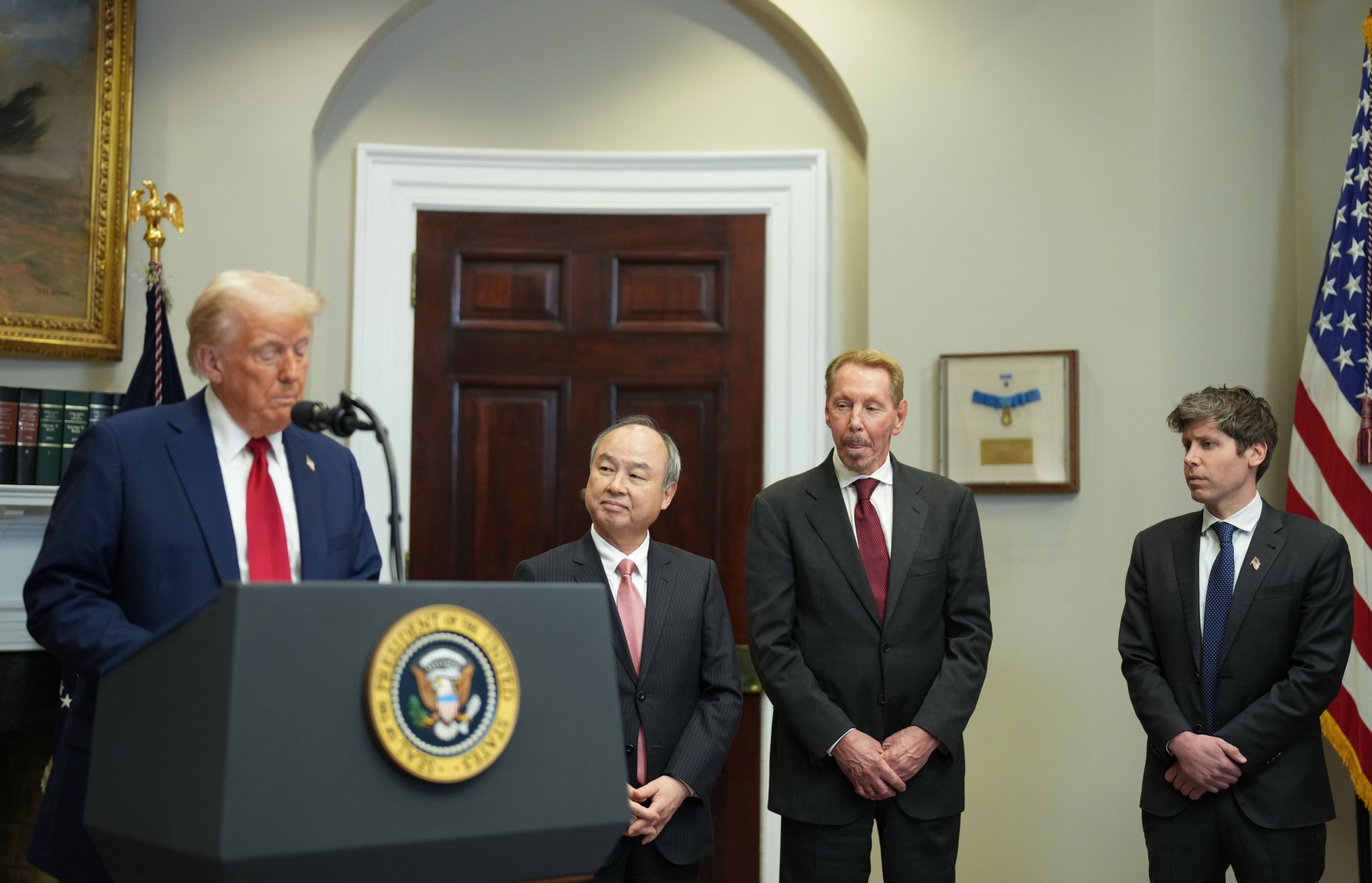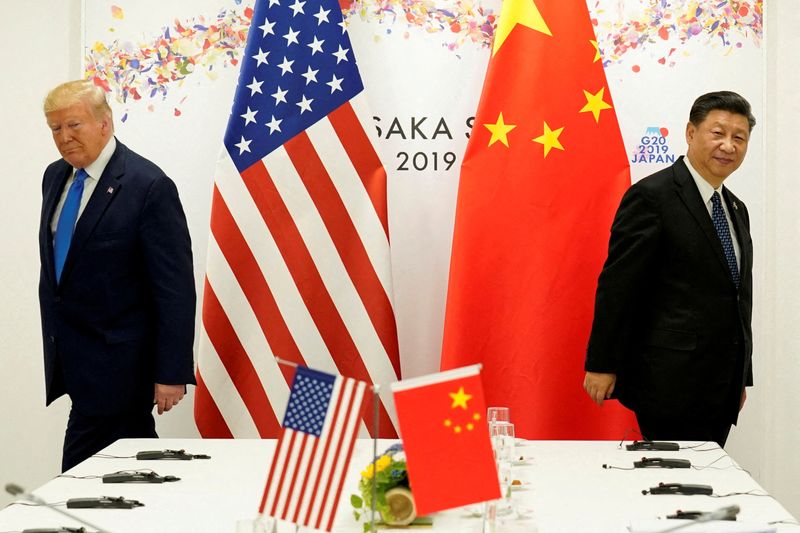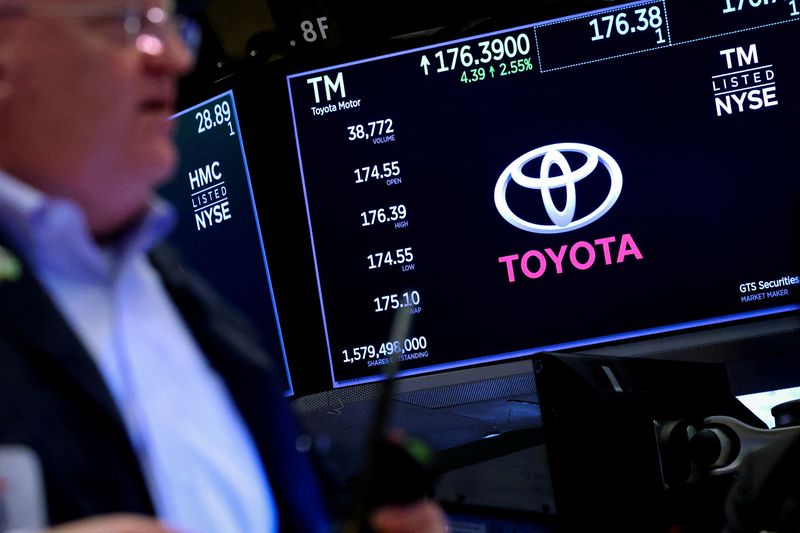69-year-old furniture store chain closes down, no bankruptcy
NegativeFinancial Markets

The recent closure of a 69-year-old furniture store chain without filing for bankruptcy marks a significant shift in the retail landscape. This closure highlights the challenges faced by traditional retailers in adapting to changing consumer habits and the rise of online shopping. It matters because it reflects broader economic trends and consumer preferences, potentially impacting local economies and the availability of furniture options for shoppers.
— Curated by the World Pulse Now AI Editorial System










